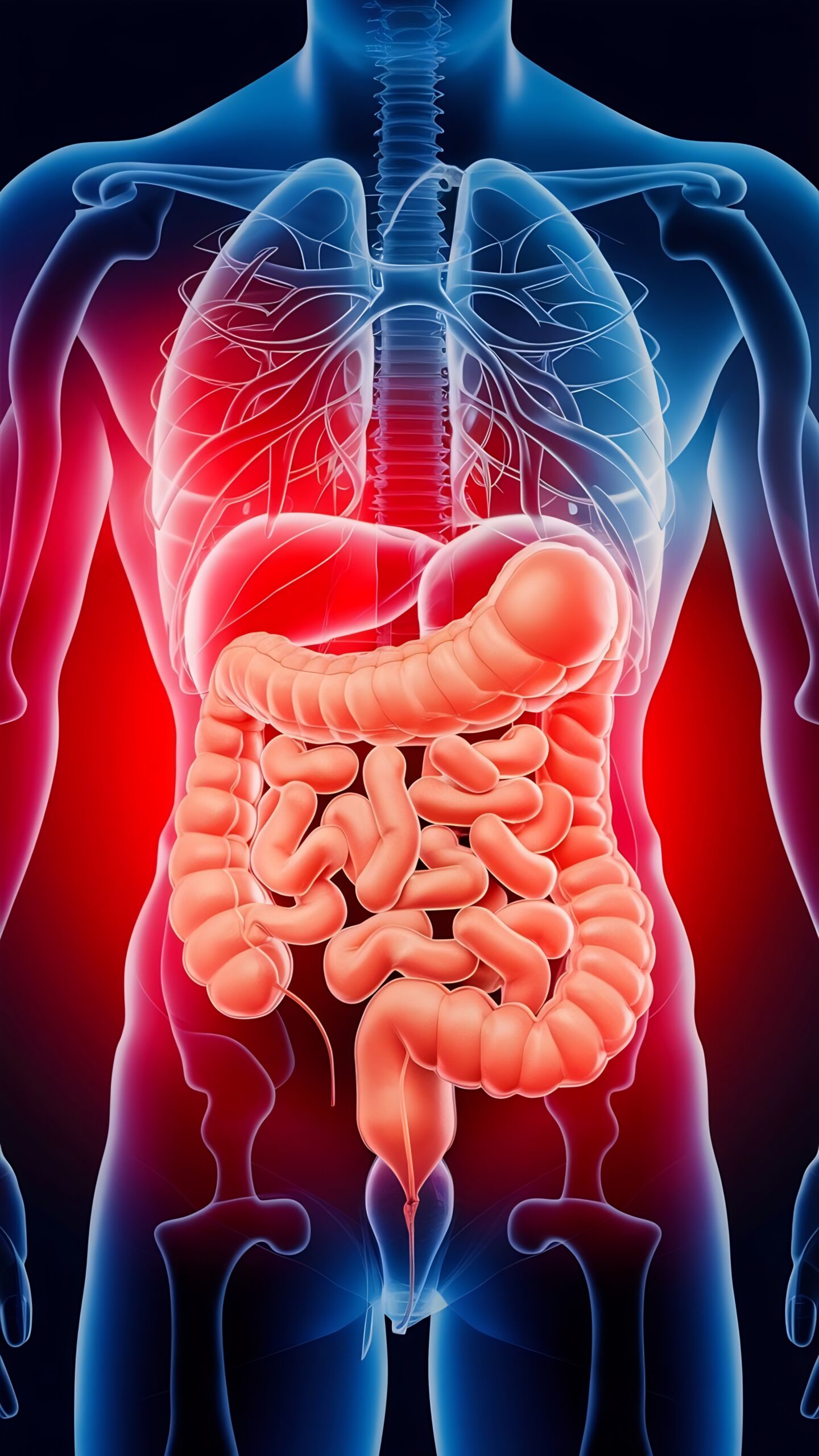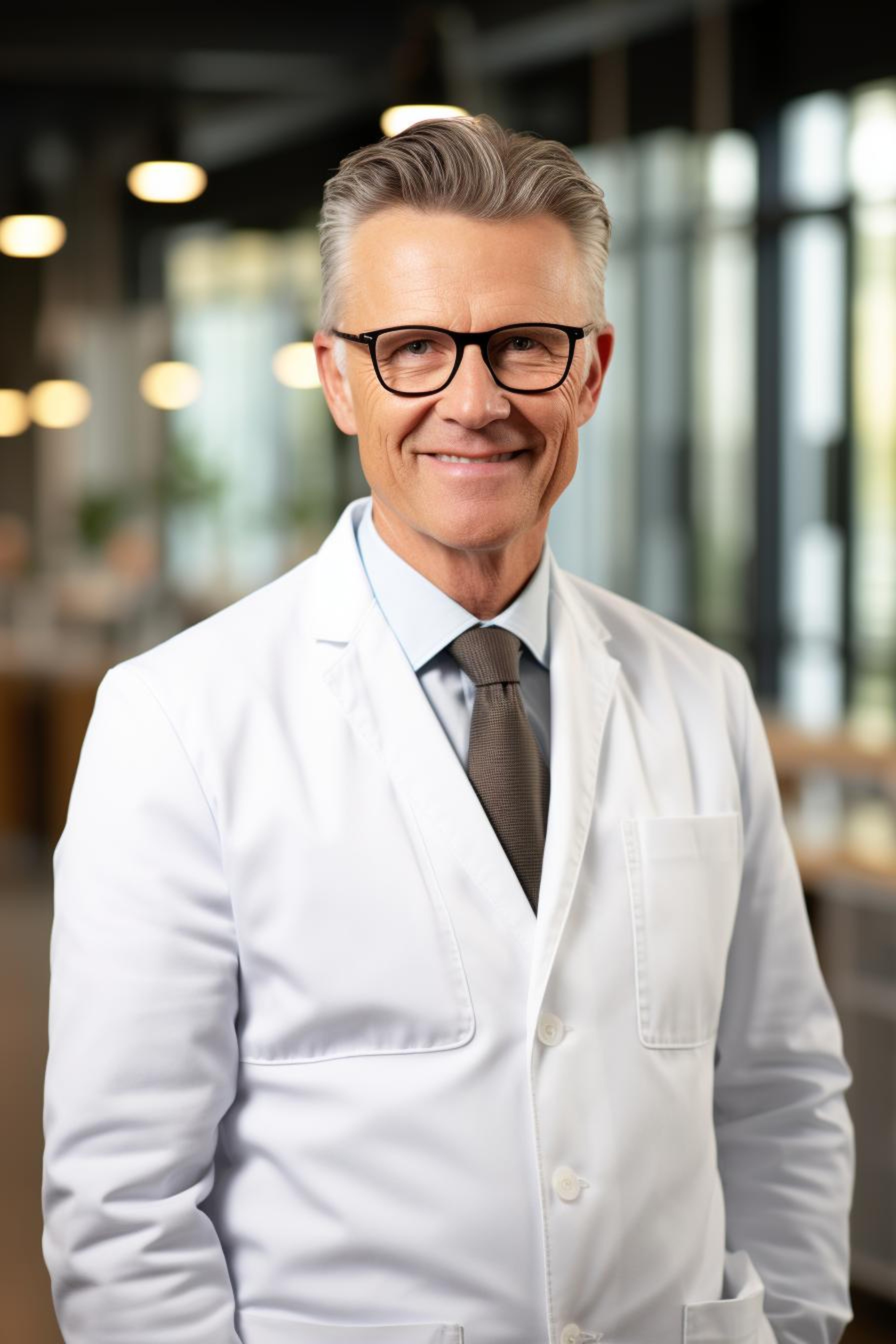Colonoscopy in Northwest Arkansas
What Is A Colonoscopy?
A colonoscopy is a medical procedure where a long, flexible tube with a light and camera at the end, called a colonoscope, is inserted into the rectum and advanced through the colon. This device allows the physician to examine the lining of the colon for abnormalities. It is commonly used to diagnose the cause of gastrointestinal symptoms such as diarrhea, bleeding, abdominal pain, or abnormal x-ray results.
In addition to identifying gastrointestinal problems, colonoscopies can be performed on asymptomatic patients starting at age 45 (or earlier, depending on their medical history) to screen for colon cancer and polyps. It is the only available strategy for colorectal cancer prevention. The board-certified gastroenterologists at GI Alliance of Arkansas have extensive experience performing these exams. For more information or to schedule an exam, please reach out to our team.
What Are the Benefits of Colonoscopies?
Colonoscopy exams are crucial for preventing colon cancer, especially for individuals over 45 or those who have a higher risk. Regular colonoscopy screenings offer numerous benefits for your gastrointestinal and overall health, including:
- Detecting the early signs of colon and rectal cancer
- Identifying and removing abnormal growths
- Diagnosing conditions such as diverticulosis and inflammatory bowel disease (IBD)
- Providing the most effective screening method for colon and rectal cancer
- Potentially saving lives through early detection and intervention
Thanks to advances in exam techniques and technology, colorectal cancer screenings are now faster, more comfortable, and more accurate than ever before.

How Does A Colonoscopy Work?
Your doctor at GI Alliance of Arkansas will provide you with specific instructions for bowel preparation, which is crucial for a smooth screening experience. Most patients will need to follow a clear liquid diet the day before the exam and take laxatives to ensure the colon is completely clean. It’s essential to follow these instructions carefully. Additional guidance will be provided regarding your medications, which are generally continued as usual, except for certain cases involving blood thinners or diabetes medications.
On the day of the exam, you will need to arrive at the endoscopy center 1 – 1.5 hours early to complete paperwork and prepare for the procedure. You will change into a medical gown, and an IV catheter will be started in your arm to administer sedation. Your heart rate, blood pressure, pulse, electrocardiogram, breathing, and oxygen levels will be monitored during the procedure.
In the exam room, you will lie on your left side. Sedation will be administered gradually to ensure comfort and safety. The physician will perform a rectal exam before inserting the colonoscope. The scope will be advanced through the colon, with a small amount of air introduced to expand the colon for better visibility. Any remaining fluid in the colon can be suctioned out.
Depending on the findings, the doctor may perform biopsies, remove polyps, or control any bleeding during the procedure. The exam typically takes between 15 – 30 minutes. At the end of the procedure, as much air and remaining fluid as possible is suctioned out of the colon.
When Can I Expect to Receive My Colonoscopy Results?
After your exam, you will be taken to a recovery room to be monitored as the sedation wears off. The amount of sedation used and your individual response will determine how quickly you wake up, but most patients are ready for discharge within 45 – 60 minutes.
You will need someone to drive you home and should avoid work, signing important documents, or strenuous activities for the rest of the day as the sedative continues to wear off. Most patients can resume eating and drinking normally after leaving the endoscopy unit, but you will receive specific instructions regarding post-procedure activities, diet, and medications.
The doctor or nurse will discuss the findings with you after the procedure, but due to the effects of sedation, you may not remember everything. It is recommended that you bring someone with you who can also hear the results. You will go home with a printout of your results, and biopsy results are typically available within a week.
Are There Any Alternatives to a Colonoscopy?
Alternatives to a colonoscopy depend on the reason why you need to have your colon examined in the first place. In many cases, a colonoscopy is the best method for evaluating and treating abnormalities in the colon. It is the only prevention method available for colorectal cancer. However, other diagnostic exams, such as a barium enema and virtual CT colonoscopy, can also evaluate the colon. These alternatives are purely diagnostic, and any treatment would still require a traditional colonoscopy or surgery.
Are There Any Risks Associated with Colonoscopies?
A colonoscopy is generally a very safe procedure, with complications occurring in less than 1% of patients. Most complications are not life-threatening, but if they do occur, they might necessitate hospitalization and surgery. Before the procedure, the nursing staff will review a consent form with you. If you have any questions or concerns, these can be addressed with your physician before the procedure begins.
Reactions to the sedation can include allergic reactions, breathing difficulties, effects on heart and blood pressure, and irritation at the IV site. Although these reactions are rare, they are possible and should be monitored closely.
Bleeding can happen, especially if biopsies are taken or polyps are removed. While significant bleeding is uncommon, it may require a blood transfusion or hospitalization if it occurs. Bleeding can occur during the exam or up to two weeks afterward if a polyp is removed.
There is also a risk of perforation or puncture of the colon. This complication may be identified during the procedure or may not become apparent until later in the day. In most instances, a perforation will require surgical intervention and hospitalization. Although this is a rare complication, it is important to be aware of it.
It is crucial to contact your doctor’s office immediately if you experience symptoms such as worsening abdominal pain, bleeding, or fever after the procedure. These could be signs of a complication that needs immediate attention.
No medical test is perfect, and a colonoscopy is no exception. There is a small, accepted risk that some abnormalities, including polyps and cancers, may be missed during the exam. It is essential to continue with regular follow-ups with your doctor at GI Alliance of Arkansas and to inform them of any new or persistent symptoms.
Colonoscopy FAQs
When should you get a colonoscopy?
We recommend that individuals who have an average risk of developing colon cancer begin scheduling colonoscopy exams at age 45. However, if your personal risks for getting colon cancer are more than average or you are showing distressing indications of colon cancer, our team of gastroenterologists may recommend having a colonoscopy prior to that age.
After 45, when is it recommended you schedule a colonoscopy?
Gastroenterologists recommend getting a colonoscopy screening every decade for individuals who are at average risk, who are in good health, and when they have colonoscopy results that are normal. After your colonoscopy, your gastroenterologist will inform you how often you should undergo colon cancer exams moving forward.
Will my colonoscopy be an uncomfortable procedure?
Sedation is given prior to a colonoscopy exam to maximize your comfort level while undergoing the screening. Based on the medication, most individuals experience an intensely relaxed state or even become drowsy, and many have no memory of the procedure. You can talk with your GI specialist about what you should anticipate during your colonoscopy consultation.
What is recovery like following a colorectal exam?
Generally, it takes about a full day to recuperate from a colonoscopy, and many patients can resume their normal routine the following day. If polyps are removed, however, recovery will likely last longer. It is common to have some gastrointestinal symptoms following your colonoscopy exam, such as bloating and cramping. Our GI Alliance of Arkansas team can provide more information on what to expect after your screening.

